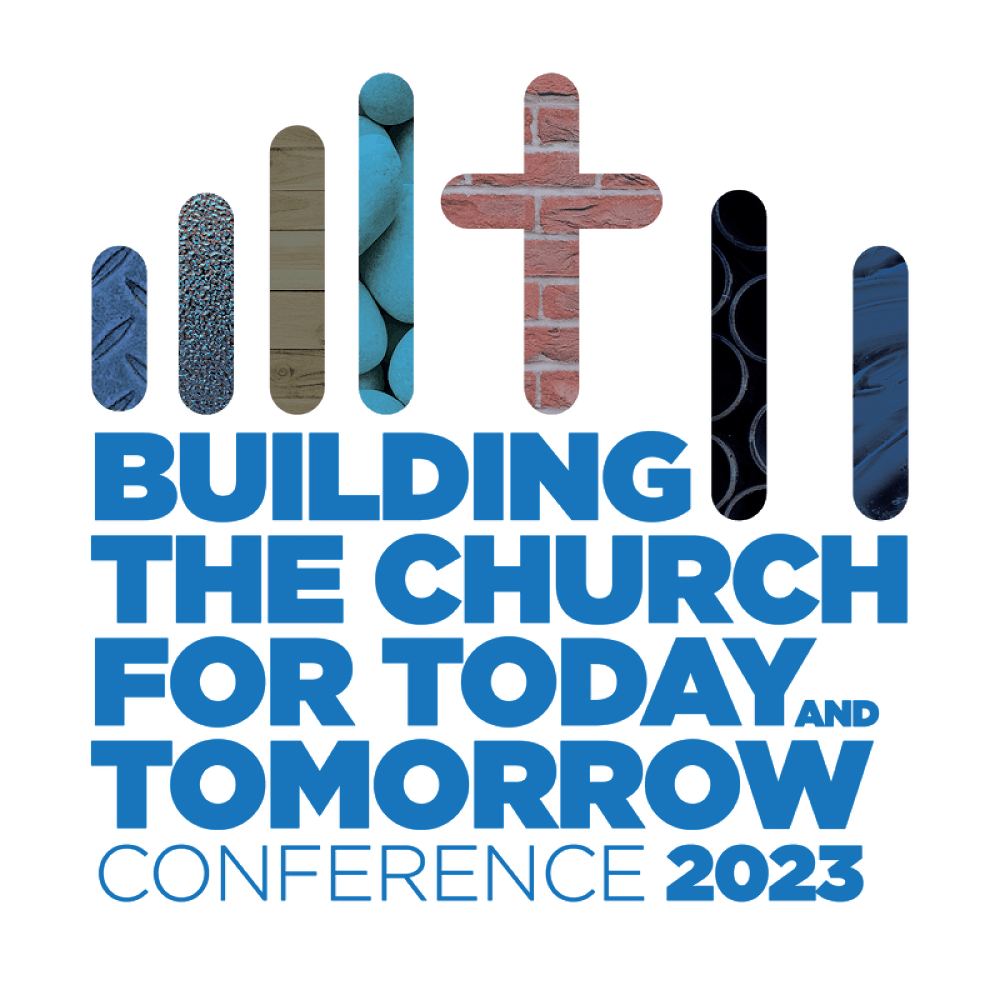
Governance Resources 2023 - Part 2
Over August-September 2023, Christian Savings hosted an annual Church and Charities Conference. This article focuses the bigger (future) picture with three of the Keynote speakers... and has link to the first article with useful resources for leadership groups (vestries. committees)
Link to Part 1 of this article
We have a full transcript of this Governance conference (both of these articles) attached below that you can share with your Vestry or Committee. Please contact Andrew Metcalfe if you would like these sent out to you in hard copy.
See also https://www.calledsouth.org.nz/diocesan-resources/
Stewardship Is The Current Season of the Church
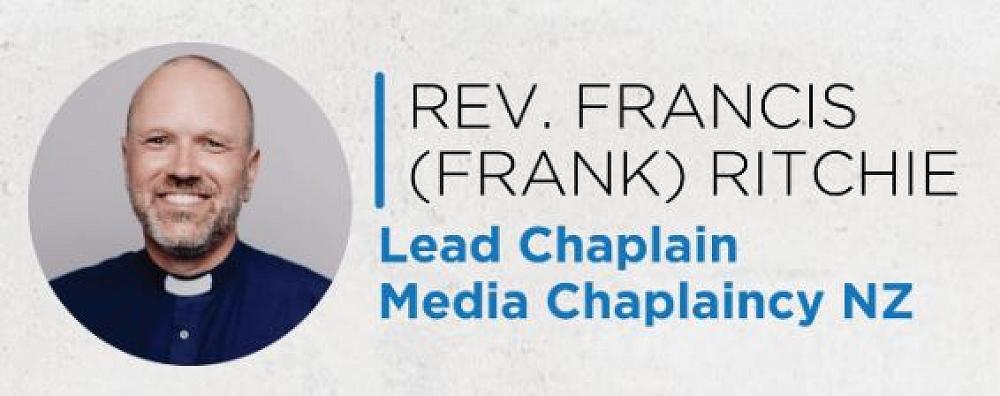
An opening observation from Frank Ritchie was that although churches can feel "it's bad out there" and our very survival is threatened, "the gates of Hades will not prevail..." (Matthew 16: 17-19). There is genuine hope for the church even when we become smaller and feel under fire. What we do see in history is that when the church is at its most powerful, we can actually be at our worst: when we have nothing, that has been the best time for us to really identify and relate to (the poor) who are open to the Gospel.
He observed that in New Zealand there is what is called a "Commentary class" i.e. people who are very vocal on all kinds of issues, but for all the noise there are also ones who are more silent. For the (often unseen) silent ones, it is issues like food, job security and housing that are really important. If our "silent" community sees the Church speaking and acting in these spaces, this potentially has a huge impact.
In a governance space, the key issue is the quality of our decisions now. The church tends to be asset rich: how can these be used to generate not only income but transformation (why would any of us continue to go to church if we didn't believe in transformation?!). This is not just about making converts or getting more people into pews, it is about getting involved in the important issues around us in our communities, and aligning our resources to help bring about transformation.
Frank asked an important question of our asset rich churches: what would happen if all of our assets were taken off us? What would we be left with... and what would we do? This scenario is a way of focusing us on the why of what we do. Even if we do feel that some of us are small (and fading away), how can we help each other make a difference in our communities?
As churches, most of us can't do everything like we used to be able to do. We have to say "no" sometimes to keep things simple and realistic. We run the risk of trying to keep the machinery for church as it used to be going, where we really need to be seeing ourselves as not needing to be the sole provider of every kind of activity in our communities. What should be being worked on is a patchwork-puzzle of churches: we can talk to other faith communities around us and network our strengths, For example, if the church around the corner has a good youth group, why don't we send our younger people there... and invite them to the good things that we offer?
In summary, we need to be asking ourselves these kinds of questions:
- Where are we at with our relationship with God?
- Do we really believe in transformation?
- Can we be realistic about our assets ("build it and they will come" has not been a good strategy for most churches) and use them for transformation?
- How can we prepare for our our own end? (all of us will die.. and that includes some churches as well).
- Would our community miss us if we were gone?
- How can our assets enable something that would be wanted and needed in our community?
Frank is an ordained Wesleyan Methodist minister and leads a small church in Hamilton. He has a history in radio broadcasting and can be heard every Sunday night on Newstalk ZB and Rhema Media’s stations from time to time. He highly values the place of the media in society, and many in the industry have trusted him enough to sit down and have confidential conversations about life and work.
Governance as Service
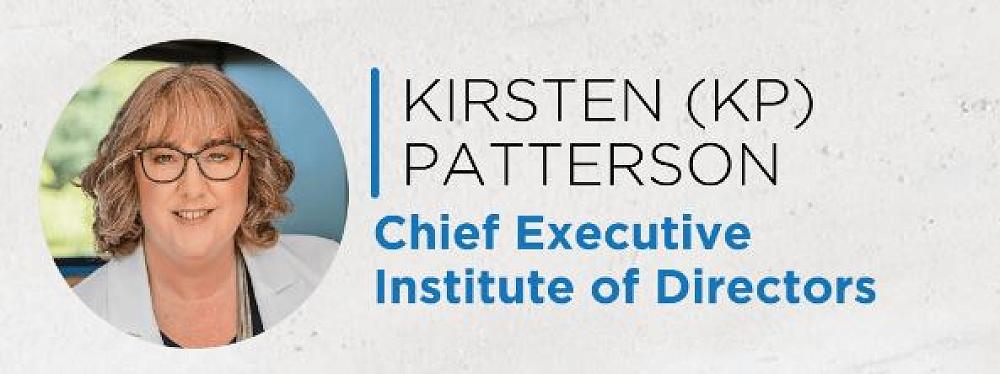
Kirsten Patterson spoke from a place of wide governance experience and a philosophy of leaving places better than she found them. For any of us involved in governance, it's important to focus on strategy, purpose and responsibility - like ships nowadays where drones are sent off to see exactly what lies ahead. Governance is all about looking ahead into the longer term, looking at risks and opportunities: it's not just focusing on today (see the 7 principles of Governance attached below).
Four principles of governance which help us to see if what we are doing is really making a difference are:
- Determining our purpose - why do we exist? Is this the forefront of everything we do?
- An effective governance culture - how does everyone contribute in our governance space and is everyone's voice heard?
- Holding ourselves and each other to account - its not just about the CEO or other significant leader, but its all of us.
- Effective compliance - knowing and following the rules.
People may be aware of some of the Mainzeal story and the directors who have been before the courts. There was one - Paul Collins - who didn't get into so much trouble because he asked questions, challenged the rest of the board... and ended up starting the insolvency process. Kirsten asked:
- What would get you on the front page of the newspaper?
- What discussions have you had about these kinds of things on your board - so you have them as regular agenda items?
- How do you reflect on and learn from your mistakes?
- How do you keep people safe?
A useful resource: the Not for Profit Hub on the NZ Institute of Directors Website.
Kirsten's extensive governance and leadership experience include being a Chair of Global Network of Directors Institutes (GNDI), Board member of New Zealand External Reporting Advisory Panel (XRAP), Chair of Brian Picot Ethical Leadership Advisory Board, Trustee of a mental health charity Voices of Hope, an Ambassador of Wellington Women’s Homeless Trust, a founding member of Global Women’s ‘Champions for Change’, and a founder/Executive Sponsor, Chapter Zero New Zealand.
Above and Below the Line
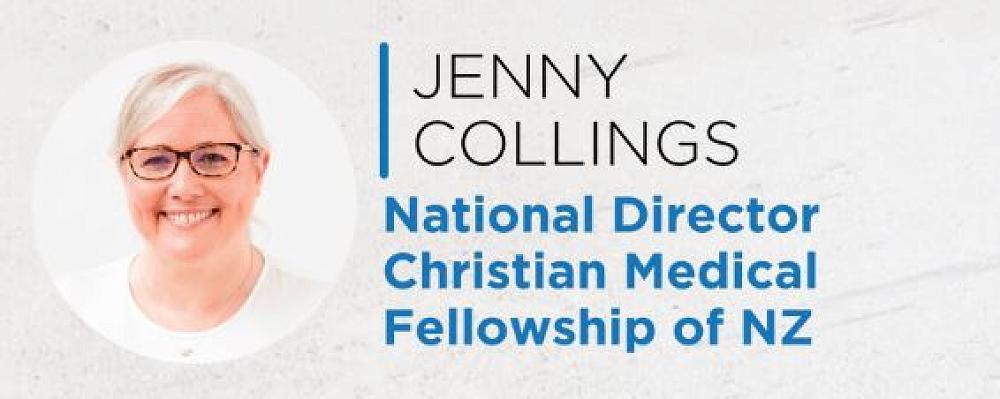
One of the presenters at the conference, Jenny (Jen) Collings (National Director, Christian Medical Fellowship NZ) spoke about the importance of looking after people in our organisations. If we have volunteers working with us, do we have proper position descriptions for them, covenants etc and make sure that they are well oriented and informed about how things work? If people leave, do we have "exit interviews" where we find out what they are going... and look for any themes that may be emerging with others who have left? If we ever notice someone is not performing well, it's best to tackle this head on as the "worst" people in any organisation will always drive out the best.
We need to be able to articulate what our shared values and beliefs are - our norms, but also to keep looking at our own behaviours. One tool that Jen recommended (and we have used in the Diocesan office for a while) is the "Line of Choice". This is attached below... but slightly amended to include biblical references to help us assess if we are below... or above the line. The following video is a great introduction to this, and worth any leadership team watching together and asking, "What's my current location?"
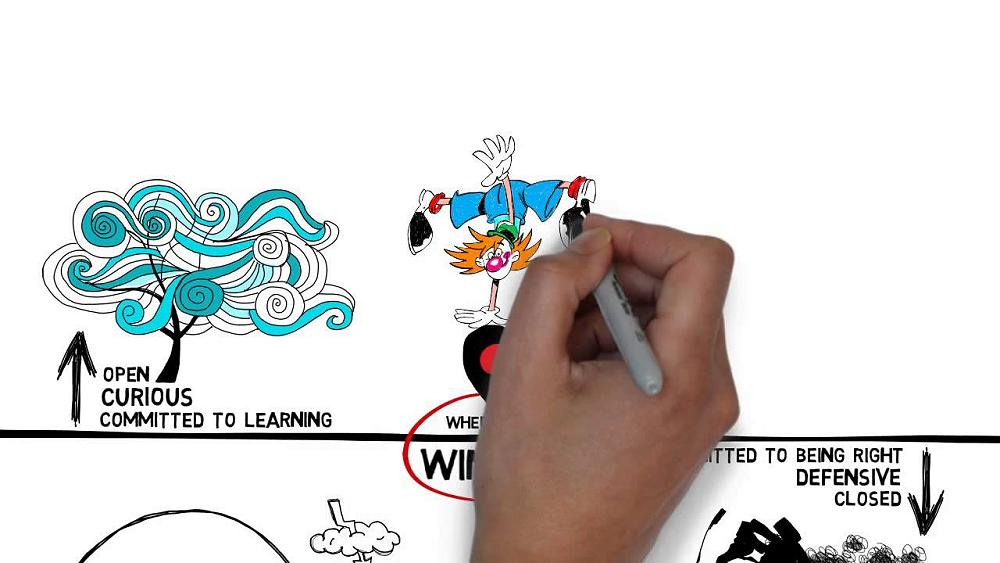
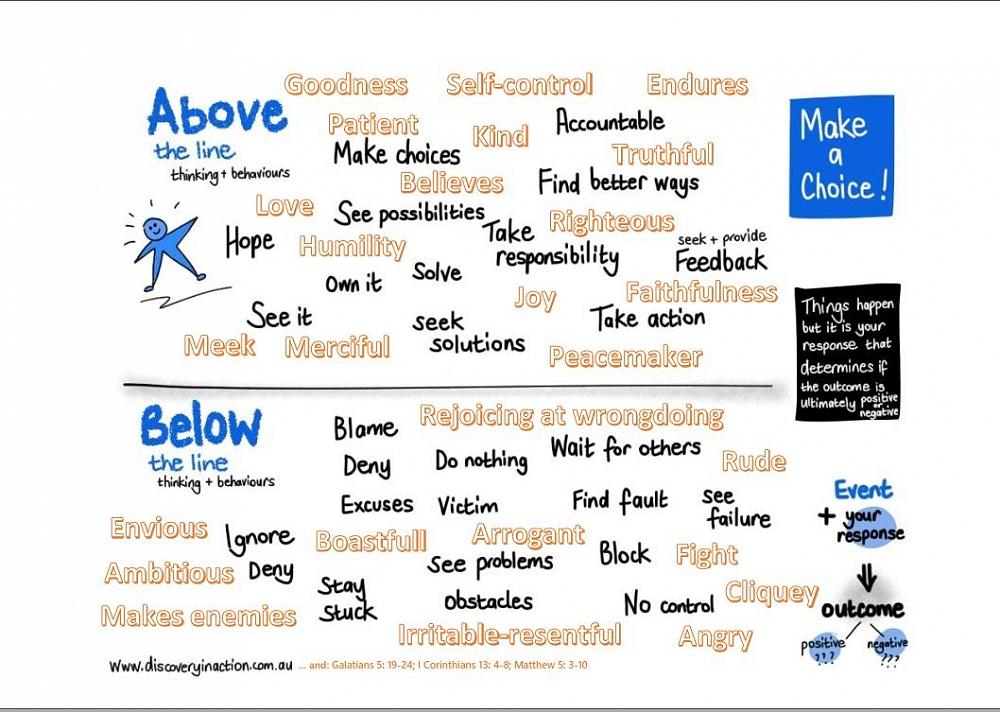
Jen Collings works to encourage doctors and medical students in living wholeheartedly for Christ through medicine. She has also served for 15 years as a Salvation Army Corps Officer (ordained Minister) and local Director of social services. As a Law graduate and final year Executive MBA student, she is passionate about good governance and Christ-centred strategic decision-making to lift the impact of Christian organisations.
What could we do with information on this page?
Resources and links on this page make great discussion starters for Boards, Vestries and other leadership groups. How much time do you spend at meetings: reflecting on what you are doing; asking some hard questions; learning about different aspects of your governance role, and; genuinely evaluating what you do and making positive changes?
Link to Part 1 of this article
